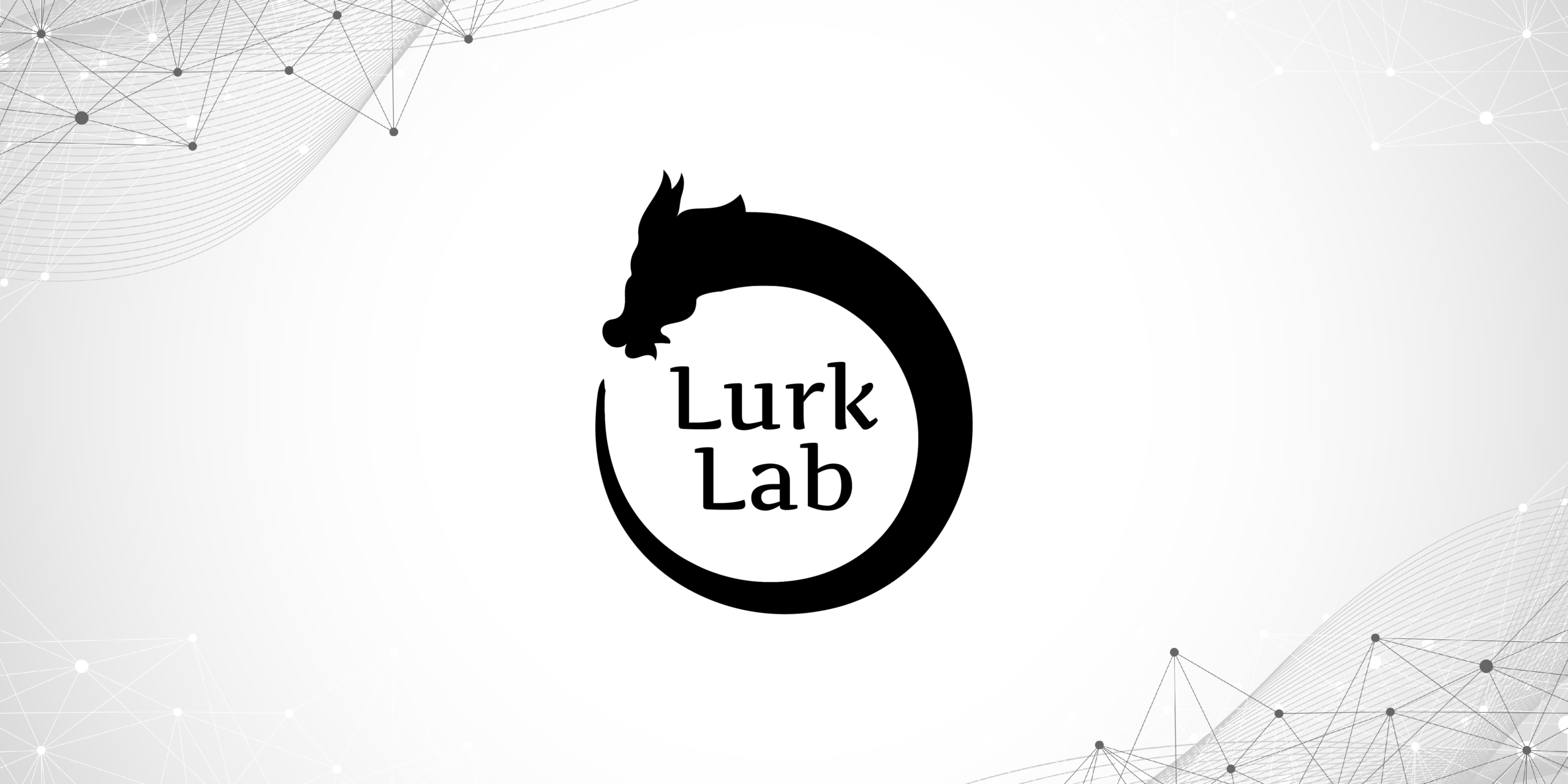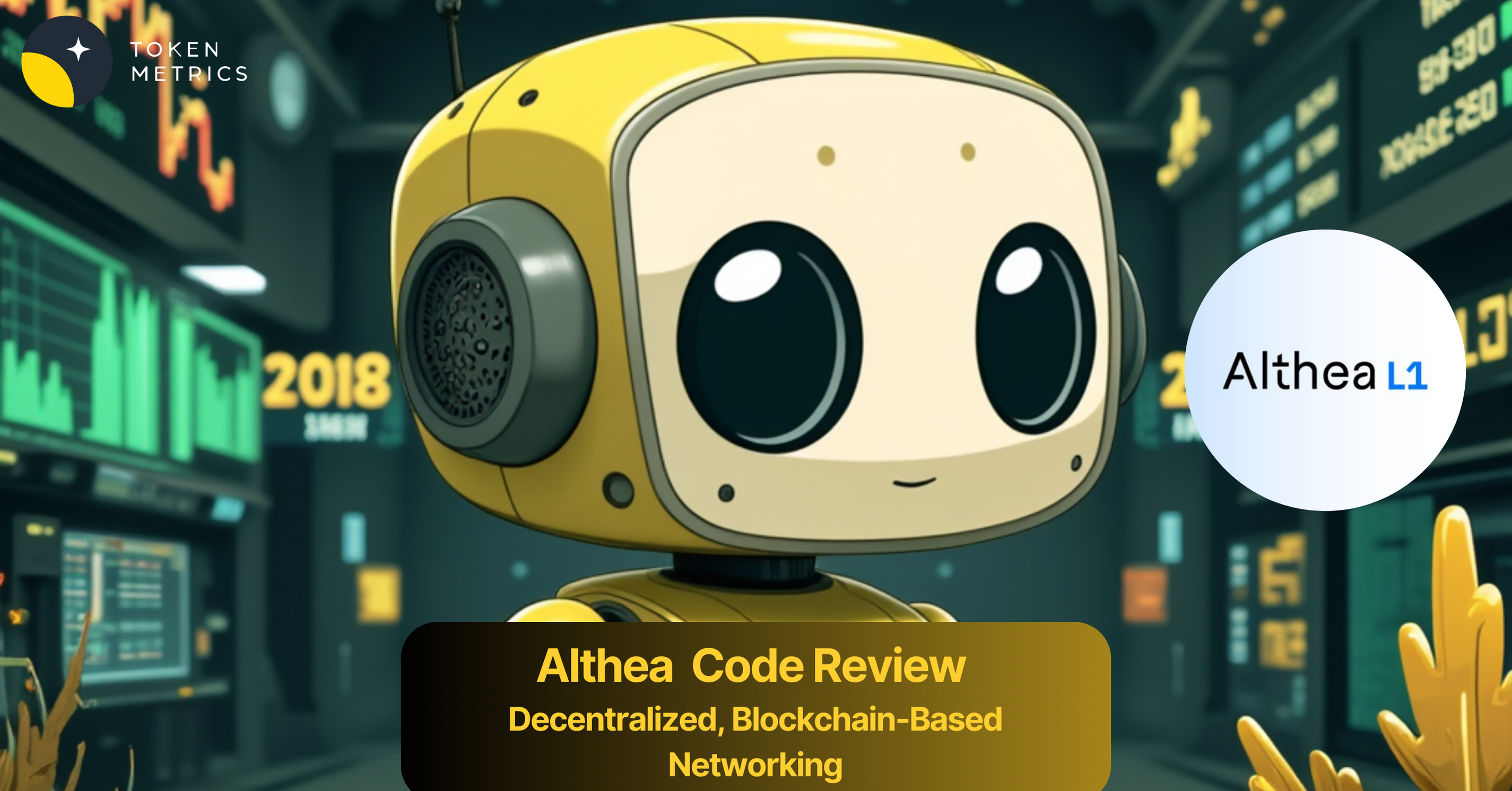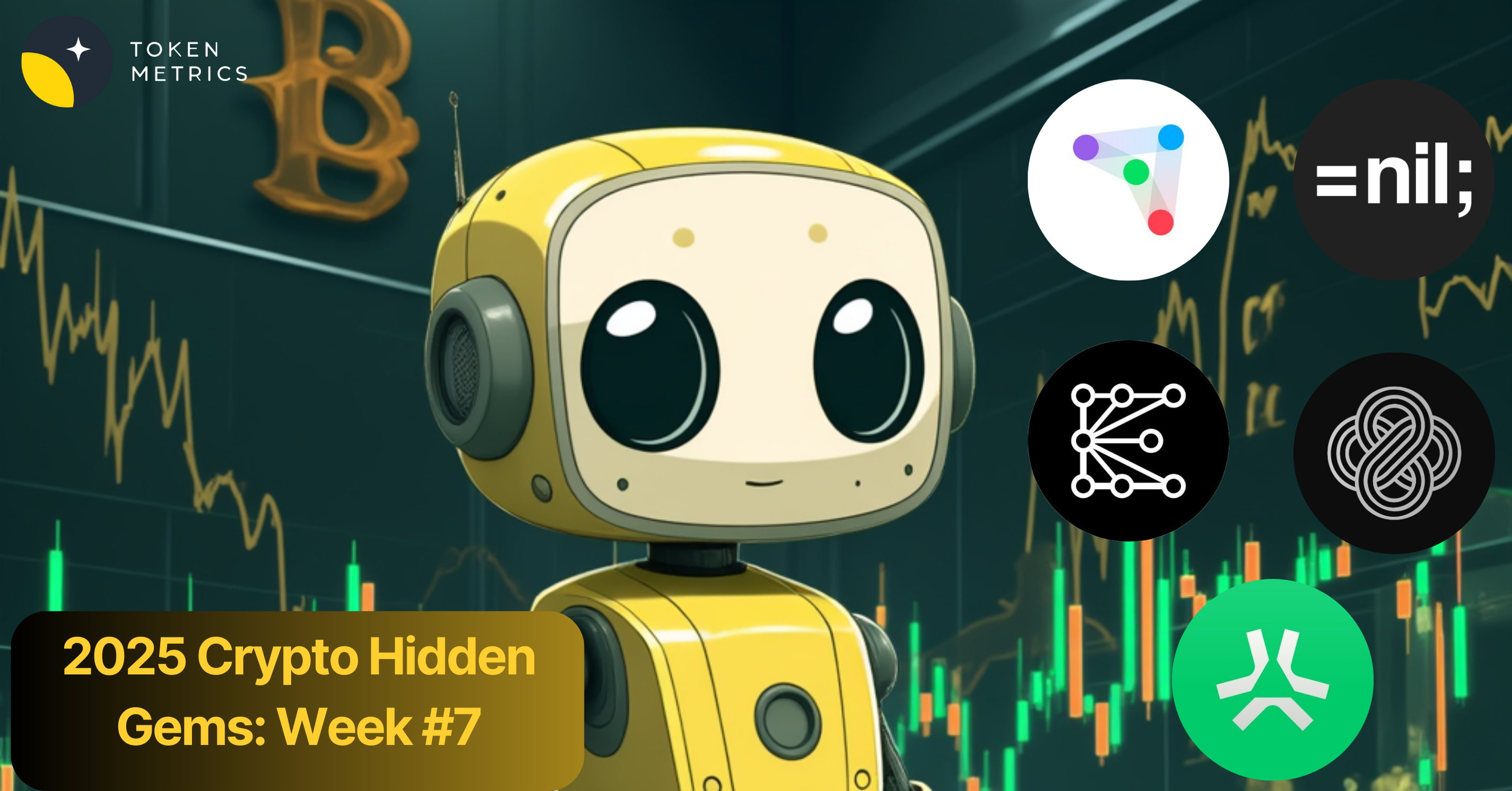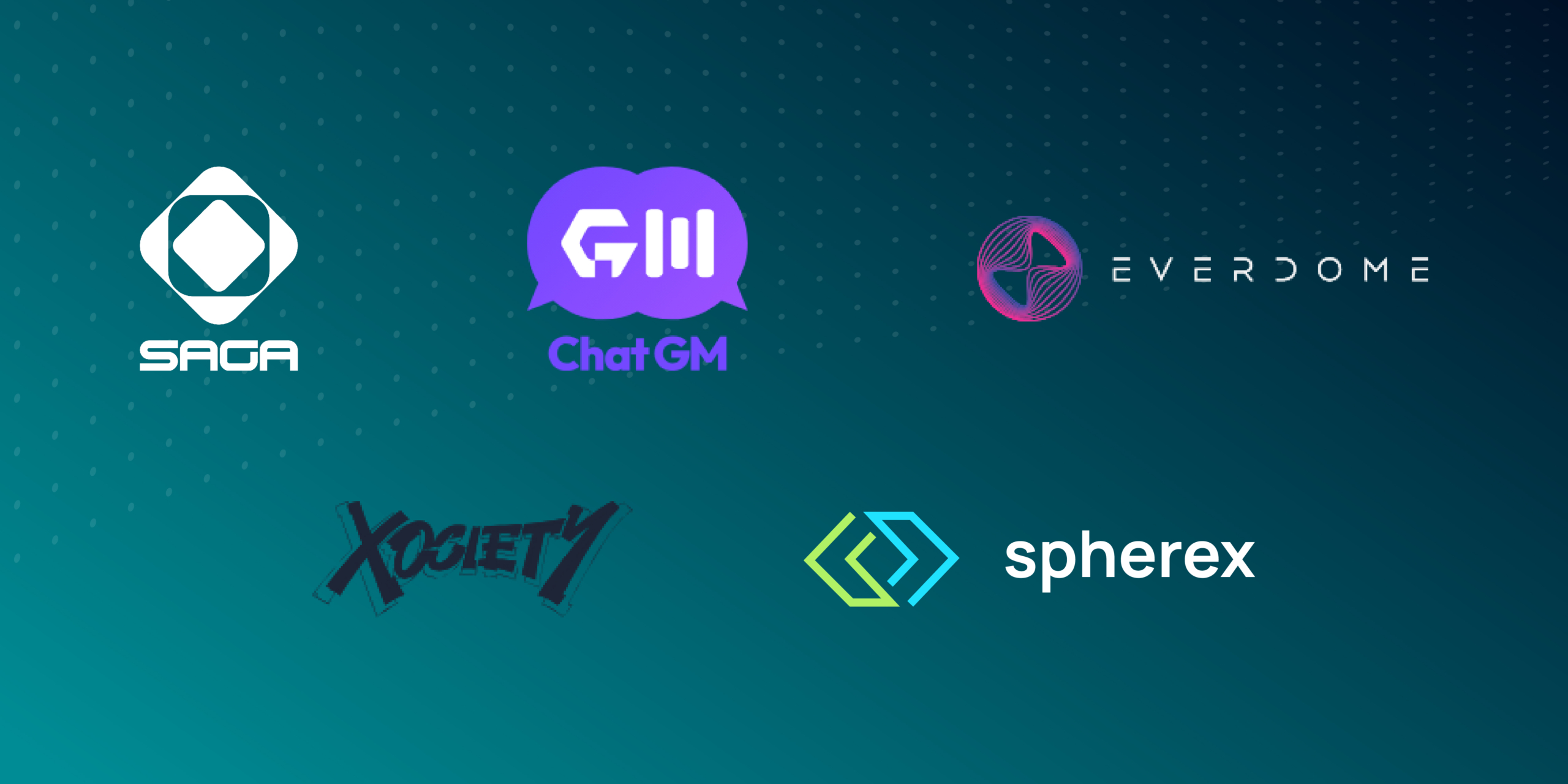Introduction
Lurk presents itself as a groundbreaking zk-compute platform, striving to set new standards in the rapidly expanding domain of zero-knowledge-proof systems. It promises to empower developers, allowing them to verify computational results without unveiling the foundational data.
Innovation
At the heart of Lurk’s innovation is introducing Lurk-lang, a Turing complete programming language meticulously crafted for zk-proofs. This language is poised to streamline the process of writing zk-apps, democratizing the art for an expansive developer population. A stand-out feature of Lurk, setting it apart from contemporary zero-knowledge languages, is its pioneering use of folding schemes. This allows for incorporating recursive zero-knowledge proofs and the innovative incrementally verifiable computation (IBC). IBC will enable developers to fashion zero-knowledge proofs in a manner that is both incremental and parallelizable.
Lurk Architecture
Lurk’s architecture integrates effortlessly with decentralized systems. Every Lurk program is embedded with a unique content identifier (CID), paving the way for smooth interaction with distributed systems, notably IPFS and IPLD. This design choice ensures that applications built on Lurk can proficiently liaise with decentralized storage platforms, bypassing the need for conventional centralized databases.
Code Quality
Upon inspection, the quality of Lurk’s code emerges as superior. It embodies the meticulous efforts of seasoned developers, providing a robust platform that promises reliability and performance.
Product Roadmap
Lurk’s roadmap is ambitious yet strategic. By constructing verifier smart contracts tailored for the Ethereum blockchain, they also lay the groundwork for collaborations with other primary blockchain Layer-1 organizations. This expansive vision seeks not only to cater to Ethereum but also to interweave seamlessly with other blockchains.
Usability
One of Lurk’s striking features is its developer-centric approach. Leveraging a familiar language architecture eliminates the learning curve typically associated with new languages, ensuring that developers can immediately harness the power of zero-knowledge proofs using languages they are already conversant with.
Team
The Lurk development team is vast and replete with seasoned developers. Their combined expertise lends credibility to the platform and indicates its robust nature.
Conclusion
Lurk emerges as a promising and revolutionary approach to zero-knowledge computations. Its unique integration of folding schemes, versatility, and superior code quality places it at the forefront of potential zk-compute platforms. With a clear vision and a competent team steering its course, Lurk seems poised to redefine the landscape of zero-knowledge computations and blockchain interoperability.
| Initial Screening | |||
| Keep researching | |||
| Does this project need to use blockchain technology? | Yes | ||
| Can this project be realized? | Yes | ||
| Is there a viable use case for this project? | Yes | ||
| Is the project protected from commonly known attacks? | Yes | ||
| Are there no careless errors in the whitepaper? | Yes | ||
| Project Technology Score | |||
| Description | Scorecard | ||
| Innovation (Out Of 11) | 8 | ||
| How have similar projects performed? | Medium | 1 | |
| Are there too many innovations? | Regular | 2 | |
| Percentage of crypto users that will use the project? | 6%- 10% | 3 | |
| Is the project unique? | Yes | 2 | |
| Architecture (Out of 12) | 9 | ||
| Overall feeling after reading whitepaper? | Good | 2 | |
| Resistance to possible attacks? | Good | 2 | |
| Complexity of the architecture? | Very complex | 0 | |
| Time taken to understand the architecture? | 20-50 min | 1 | |
| Overall feeling about the architecture after deeper research? | Good | 4 | |
| Has the project been hacked ? | No | 0 | |
| Code Quality (out of 15) | 15 | ||
| Is the project open source? | Yes | 2 | |
| Does the project use good code like C,C++, Rust, Erlang, Ruby, etc? | Yes | 2 | |
| Could the project use better programming languages? | No | 0 | |
| Github number of lines? | More than 10K | 1 | |
| Github commits per month? | More than 10 | 2 | |
| What is the quality of the code? | Good | 2 | |
| How well is the code commented? | Outstanding | 2 | |
| Overall quality of the test coverage? | Outstanding | 2 | |
| Overall quality of the maintainability index? | Outstanding | 2 | |
| When Mainnet (out of 5) | 5 | ||
| When does the mainnet come out? | Mainnet | 5 | |
| Usability for Infrastructure Projects (out of 5) | 5 | ||
| Is it easy to use for the end customer? | Yes | 5 | |
| Team (out of 7) | 6 | ||
| Number of active developers? | 5+ | 2 | |
| Developers average Git Background? | Intermediate | 1 | |
| Developers coding style? | Outstanding | 3 | |
| Total Score (out of 55) | 48 | ||
| Percentage Score | |||
| Innovation | 14.55% | ||
| Architecture | 16.36% | ||
| Code Quality | 27.27% | ||
| Mainnet | 9.09% | ||
| Usability | 9.09% | ||
| Team | 10.91% | ||
| Total | 87.27% |





